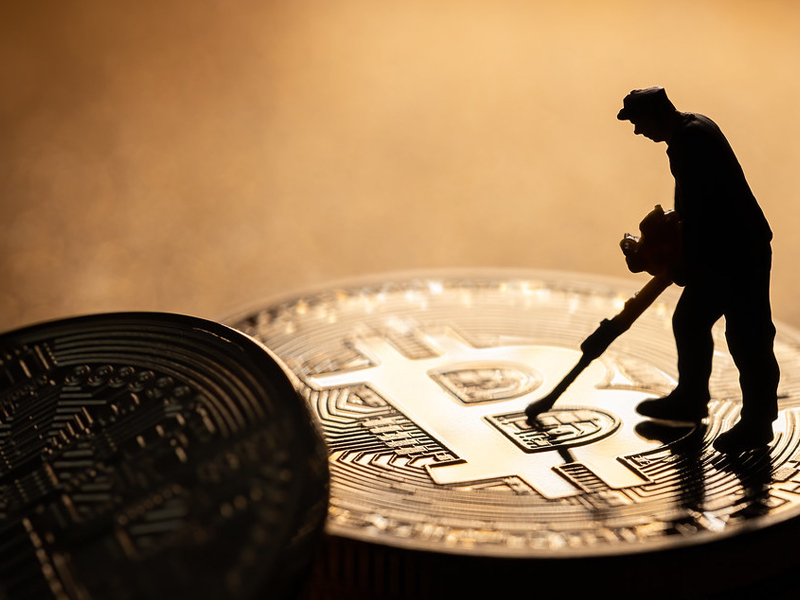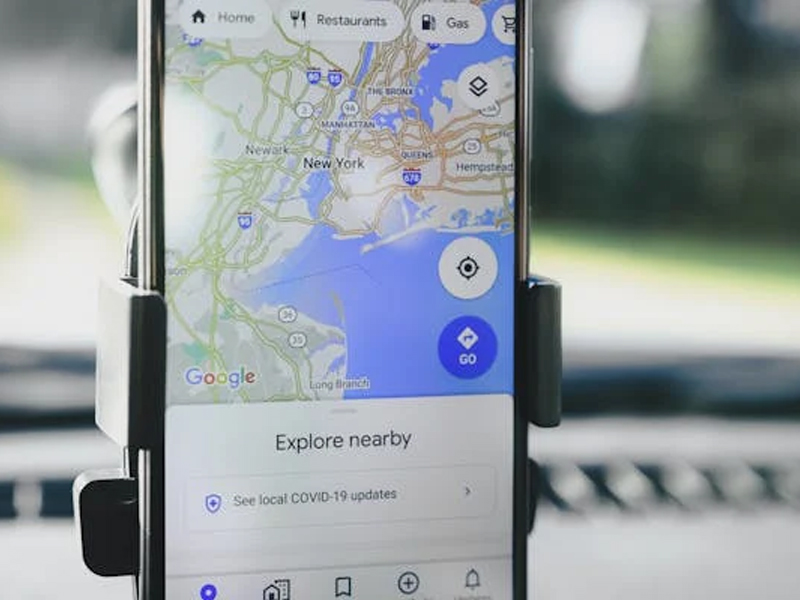The Promise And Perils of Manipulating Memory
Uncategorized
 We, humans have been blessed with a beautiful brain that leads our life ahead. It is the brain that is governing our life, our chores and our activities to the core. Not only our senses but even the channelization of our body organs is highly dependent upon brain. Apart from cerebrum and cerebellum there is one more part that plays a vital role in giving sense and meaning to our existence. It is Medulla Oblongata. Medulla Oblongata strictly takes care of the “memory” cells in our brain. Every event and every episode that we encounter with is directly stored in the form of memory in medulla oblongata. The neuroscience department has given years of their research in in-depth understanding of memory. Several scientists have tried to learn about the dynamics and processing of memory. When the topic is all about studying and understanding memory, we all have our own set of perceptions as if we are living in a golden age.
Currently numerous scientists around the world are striving hard to explore the meaning of certain provocative questions like “what memory exactly is?” “How can memory get manipulated?” etc… However, several scientists are performing experiments on lab rats by tweaking their brains with an objective to eliminate real memories or input an artificial one. On the other hand, there are a set of specific scientists who are simply focusing upon ways of enhancing the memory. Manipulating or playing with the natural functioning of memory might sound to be scary and disturbing but scientists assume it to lead towards several ways that can starve off dementia, reduce anxiety, curb addiction, treat depression, neutralize post traumatic stress disorder, etc…
Such invention and discovery is possible as numerous neuroscientists have considered memory to be more of a plastic one. This can be better understood with the help of an example. For example: If we try to think of some incident from our childhood days; playing on a sunny afternoon or going out for picnic with school friends. For several years brain restores the images and event in our mind. As we recall it with the passage of time, what exactly comes in our mind is just the reflection of the previous image thought. Hence, brain stores and freezes the memory for certain years but slowly and gradually it reflects its opposite self. In order to recall the memory all the time, the brain needs to make an extra effort for that.
One of the astonishing insinuations about manipulation with memory is that in case the process is being intervened than it can manipulate or change memory. It can further show how it actually feels when memory is tempered with. Joseph LeDoux, a renowned neuroscientist has conducted several research and study ever since he had started working from 1970s. He has been trying to know the way and process by which the brain actually develops and shows out emotions. He alongwith his colleagues have been studying the responses of people who have been consuming anti-anxiety drugs. This drug further helps them in staying better in case they recollect any traumatic incident. LeDoux told MIT Technology Review’s deputy editor, Brian Bergstein, in his NYU office, “If it works, it could be one of many opportunities for reshaping memory.”
We, humans have been blessed with a beautiful brain that leads our life ahead. It is the brain that is governing our life, our chores and our activities to the core. Not only our senses but even the channelization of our body organs is highly dependent upon brain. Apart from cerebrum and cerebellum there is one more part that plays a vital role in giving sense and meaning to our existence. It is Medulla Oblongata. Medulla Oblongata strictly takes care of the “memory” cells in our brain. Every event and every episode that we encounter with is directly stored in the form of memory in medulla oblongata. The neuroscience department has given years of their research in in-depth understanding of memory. Several scientists have tried to learn about the dynamics and processing of memory. When the topic is all about studying and understanding memory, we all have our own set of perceptions as if we are living in a golden age.
Currently numerous scientists around the world are striving hard to explore the meaning of certain provocative questions like “what memory exactly is?” “How can memory get manipulated?” etc… However, several scientists are performing experiments on lab rats by tweaking their brains with an objective to eliminate real memories or input an artificial one. On the other hand, there are a set of specific scientists who are simply focusing upon ways of enhancing the memory. Manipulating or playing with the natural functioning of memory might sound to be scary and disturbing but scientists assume it to lead towards several ways that can starve off dementia, reduce anxiety, curb addiction, treat depression, neutralize post traumatic stress disorder, etc…
Such invention and discovery is possible as numerous neuroscientists have considered memory to be more of a plastic one. This can be better understood with the help of an example. For example: If we try to think of some incident from our childhood days; playing on a sunny afternoon or going out for picnic with school friends. For several years brain restores the images and event in our mind. As we recall it with the passage of time, what exactly comes in our mind is just the reflection of the previous image thought. Hence, brain stores and freezes the memory for certain years but slowly and gradually it reflects its opposite self. In order to recall the memory all the time, the brain needs to make an extra effort for that.
One of the astonishing insinuations about manipulation with memory is that in case the process is being intervened than it can manipulate or change memory. It can further show how it actually feels when memory is tempered with. Joseph LeDoux, a renowned neuroscientist has conducted several research and study ever since he had started working from 1970s. He has been trying to know the way and process by which the brain actually develops and shows out emotions. He alongwith his colleagues have been studying the responses of people who have been consuming anti-anxiety drugs. This drug further helps them in staying better in case they recollect any traumatic incident. LeDoux told MIT Technology Review’s deputy editor, Brian Bergstein, in his NYU office, “If it works, it could be one of many opportunities for reshaping memory.”
You Might Be Interested In:
Frequently Asked Questions?

01
Blockchain
The High Price of Crypto: Environmental Cost of Mining and Solutions for a Greener Future
Apr 25, 2024

01
AI & ML
Gemini Evolves: Your AI Assistant on the Go with the New Overlay Feature
Apr 24, 2024

01
Tech news
Cloud Storage: Powering Progress or Polluting the Planet?
Apr 22, 2024

01
AI & ML
No More Range Anxiety: Google Maps Uses AI to Simplify EV Charging
Apr 20, 2024
SUSBSCRIBE TO OUR NEWSLETTER
Join our subscribers list to get the latest news and special offers.
The High Price of Crypto: Environmental Cost of Mining and Solutions for a Greener Future
Gemini Evolves: Your AI Assistant on the Go with the New Overlay Feature
Cloud Storage: Powering Progress or Polluting the Planet?
Gearing Up for a Connected Tomorrow: Top Trends Shaping the Future of IoT